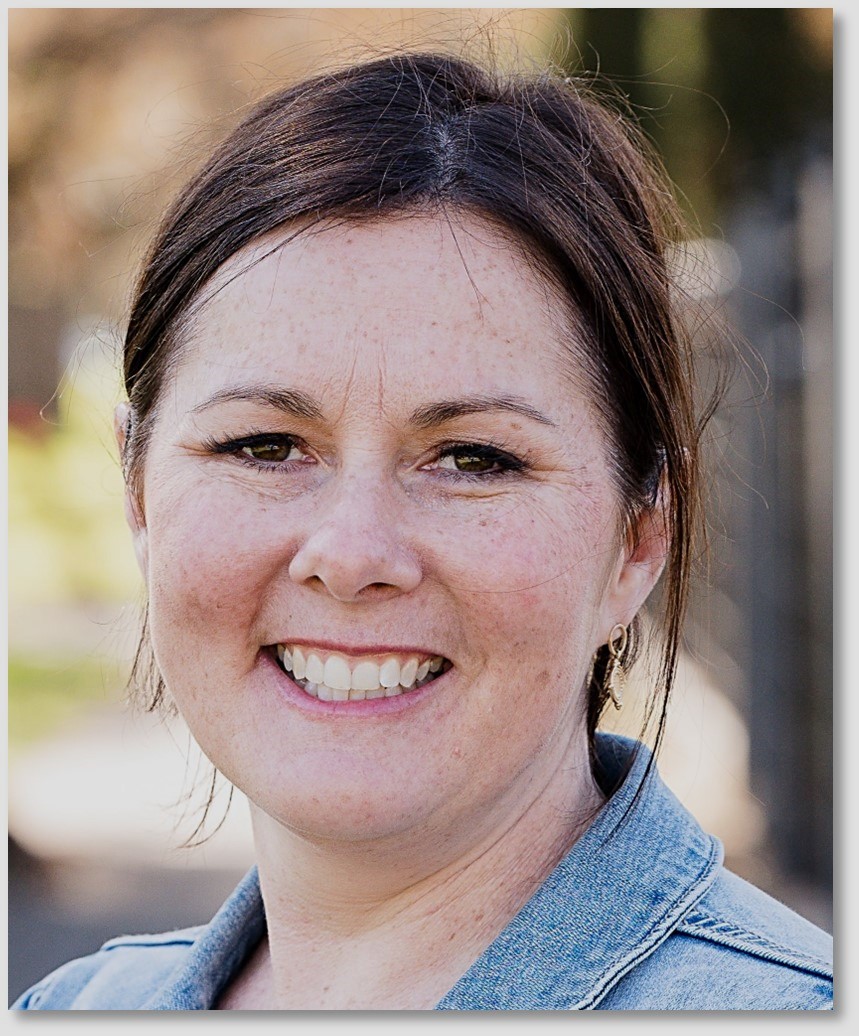TUESDAY 24TH SEPTEMBER 2024
(Click on presenters’ photographs to find out more about them)
| 9:30am – 4:30pm |
CONCUSSION/ “MILD” TRAUMATIC BRAIN INJURY; A PRACTICAL WORKSHOP ON OPTIMISING MULTIMODAL ASSESSMENTS As many as 180,000 “mild” Traumatic Brain Injuries, including concussions, occur in Australia each year. They can be hard to diagnose and even harder to treat – particularly in those injured who don’t make a complete recovery within expected timeframes, and due to the potential cumulative impacts of multiple concussions. This Workshop will provide attendees with guidance on the latest evidence-based best practices for the diagnosis, ongoing assessment and management of concussion/ “mild” Traumatic Brain Injury. |
| 9:30am – 4:30pm |
DOMESTIC AND FAMILY VIOLENCE AND BRAIN INJURY Women and children who have sustained brain injuries the result of domestic violence are an emerging cohort in urgent unmet need of service responses. Australian-first research conducted by Brain Injury Australia found 2 in every 5 of the 16,000 victims of domestic violence attending Victorian hospitals over a decade had sustained a brain injury. This Workshop will enable attendees to identify, assess and respond to potential domestic violence-related Traumatic Brain Injury – the result of external force applied to the head – and hypoxic-anoxic brain injury – the result of deprivation of the supply of oxygen due to strangulation. |
| 9:30am – 4:30pm |
“Challenging behaviours” – including impulsivity, irritability, verbal and physical aggression – are a common consequence of an Acquired Brain Injury (ABI). These behaviours are reported by survivors and their families as being the most disabling aspect of their ABI. The more severe the ABI, the more severe the behaviours and, left unchecked, they can worsen with time. The presenters of this Workshop helped conduct the world’s first randomised controlled trial of PBS in adults with an ABI. Out of that research grew an approach called “PBS+PLUS” – a person-driven approach where clinicians work collaboratively and on an equal level with the individual with an ABI and the people in their everyday life – that’s been associated with reductions in behaviours, improved close other self-efficacy in addressing behaviours and the attainment of personal goals and positive intervention experiences for people with an ABI. |

















